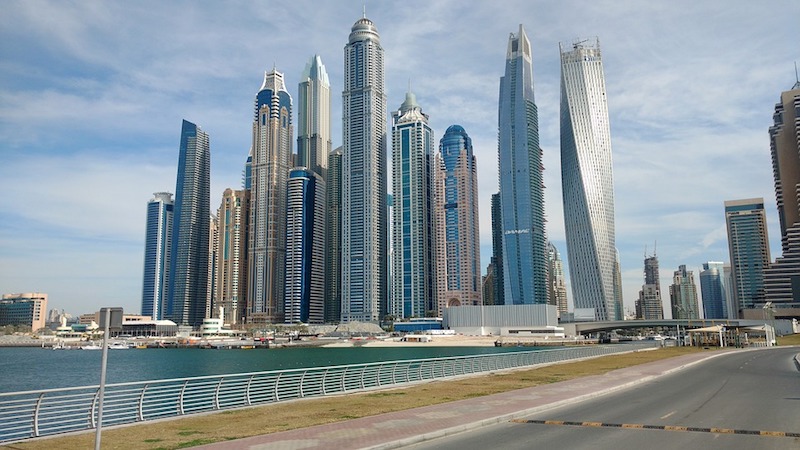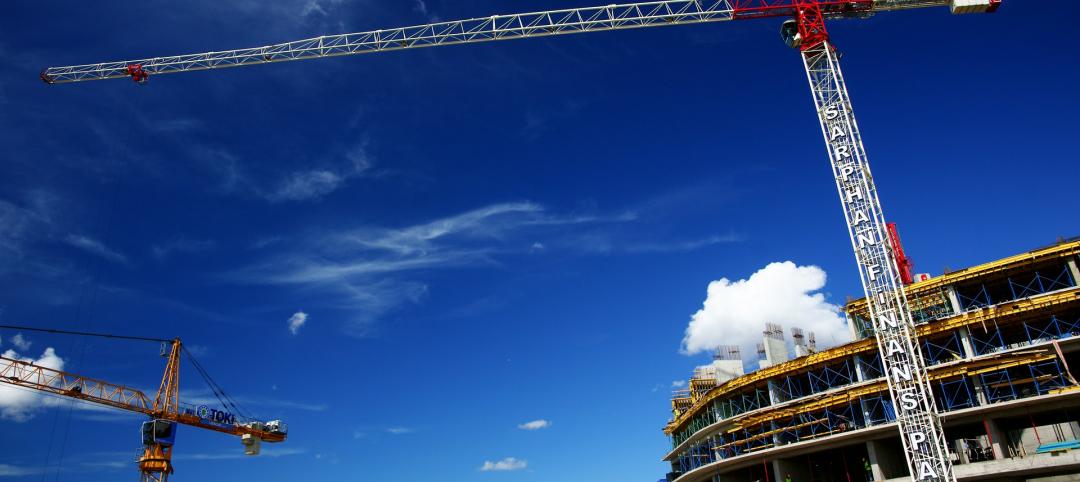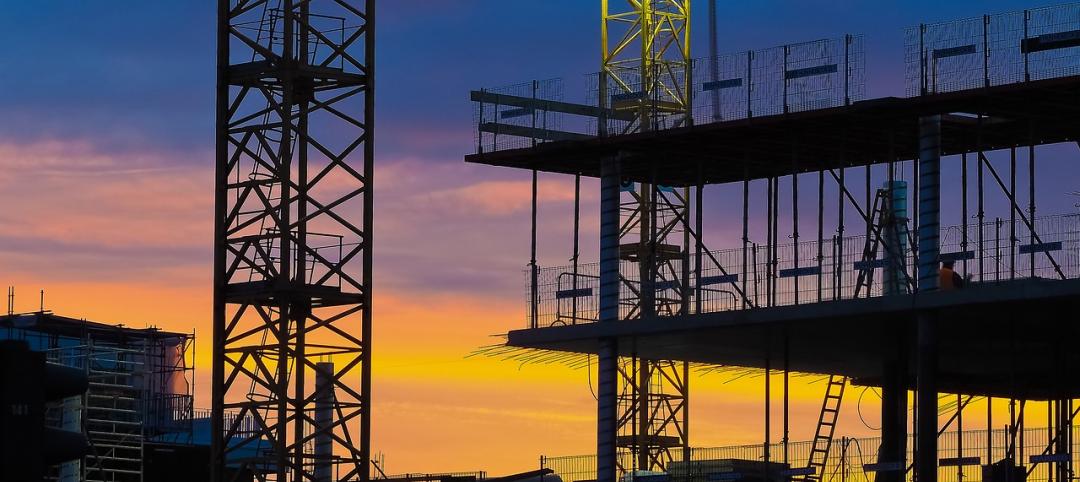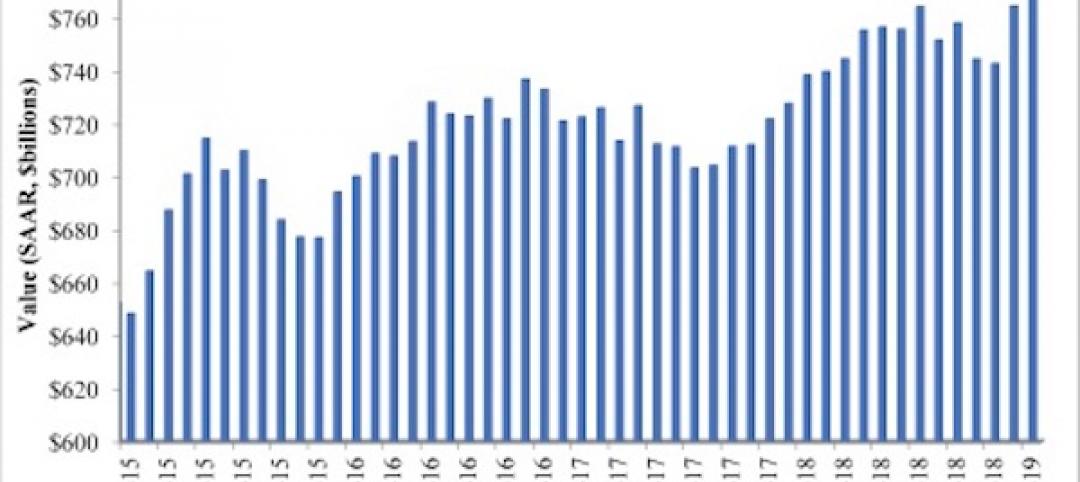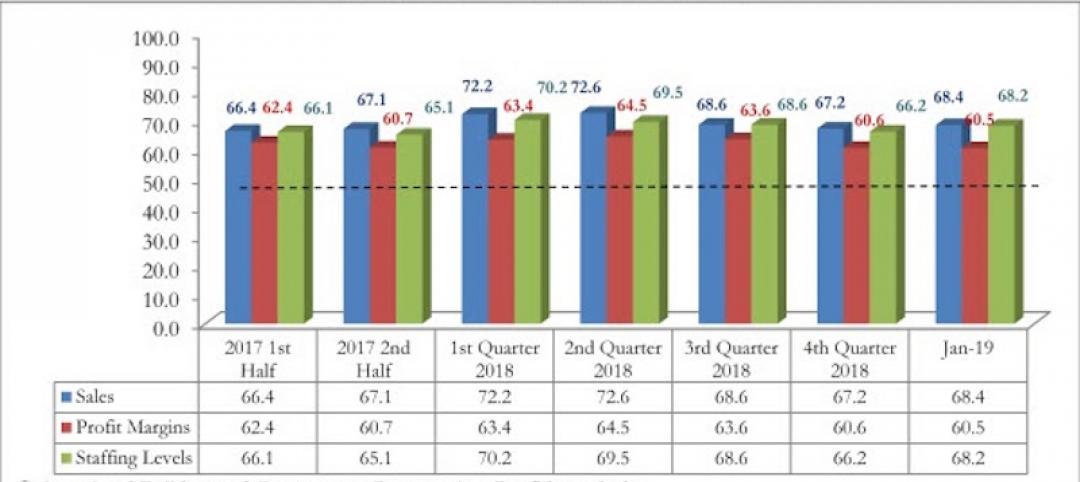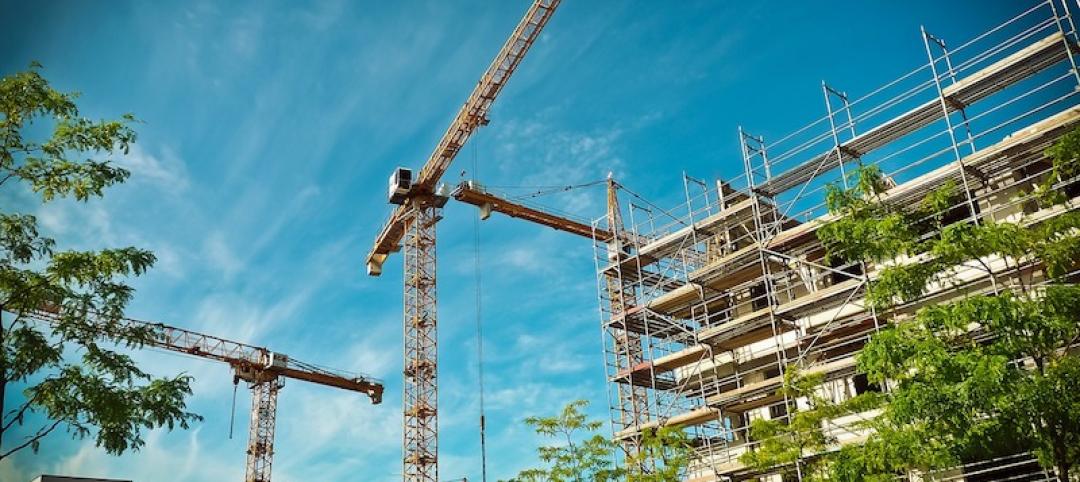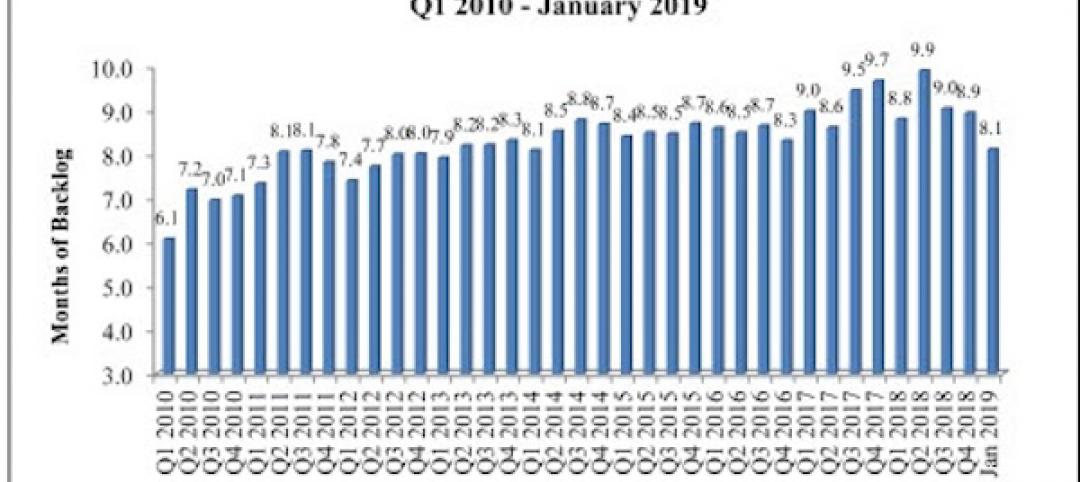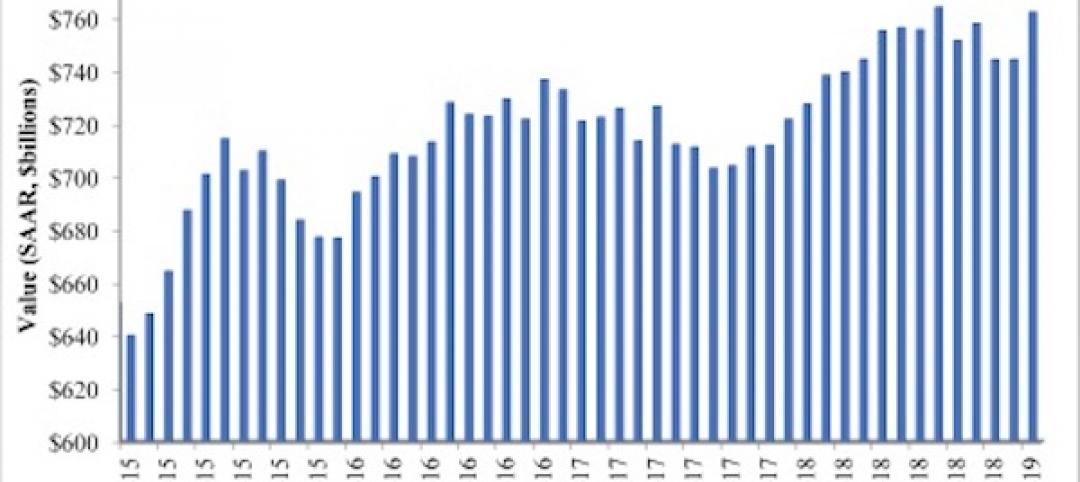Renewable energy has a mixed outlook in the Middle East and Africa (MEA) region, due to a reluctance to invest from some countries and an inability to afford renewables in others, according to GlobalData.
Several major MEA countries are actively supporting the growth of renewable energy through mechanisms such as renewable targets, renewable portfolio standards (RPS), feed in tariffs (FiTs) or auctions, net metering and tax exemptions or subsidies.
Anchal Agarwal, Power Analyst at GlobalData, says: “Most of the countries covered in MEA* have renewable energy targets, implying that these governments are actively supporting the growth of renewable energy in their respective countries. Some countries have capacity targets, while others have targets to achieve a fixed share of generation from renewable sources.”
Iran set a target in 2014 of 5 Gigawatts (GW) from wind and solar power, by 2020. In spite of this, renewable energy did not make much progress in the country. Hence, in January 2018, the government again declared a target of installing 1 GW of renewable energy projects every year from 2018 to 2022.
The availability of oil in the MEA region presents a major challenge to renewables. For example, in 2016, Saudi Arabia reduced its 2040 renewable goals from 50% to 10% of the country’s electricity supply. In April 2017, the country declared that it will develop 30 solar and wind projects over the next 10 years as part of the kingdom’s $50 billion program to boost power generation and cut its oil consumption.
Agarwal continues: “A noticeable observation in the MEA region is the growing popularity of the auction/tender mechanism to develop large-scale renewable projects. Countries such as Egypt, Iraq, Israel, Morocco, Qatar, Saudi Arabia, South Africa and UAE have auction mechanism for various renewable energy technologies. However, countries including Algeria, Iran, Kenya, Nigeria and Tanzania have already proposed the renewable auctions and they are expected to announce it within a year.”
FiTs and net metering are other major policy support mechanisms used by governments of Middle East & African countries to promote renewable energy. Six countries have FiT schemes for various renewable technologies, and Ghana and UAE are the only countries to have proposed a net-metering scheme.
* MEA countries covered = Algeria, Angola, Egypt, Ghana, Iran, Iraq, Israel, Morocco, Nigeria, Qatar, Saudi Arabia, South Africa, Syria and UAE.
Related Stories
Market Data | Apr 18, 2019
ABC report: 'Confidence seems to be making a comeback in America'
The Construction Confidence Index remained strong in February, according to the Associated Builders and Contractors.
Market Data | Apr 16, 2019
ABC’s Construction Backlog Indicator rebounds in February
ABC's Construction Backlog Indicator expanded to 8.8 months in February 2019.
Market Data | Apr 8, 2019
Engineering, construction spending to rise 3% in 2019: FMI outlook
Top-performing segments forecast in 2019 include transportation, public safety, and education.
Market Data | Apr 1, 2019
Nonresidential spending expands again in February
Private nonresidential spending fell 0.5% for the month and is only up 0.1% on a year-over-year basis.
Market Data | Mar 22, 2019
Construction contractors regain confidence in January 2019
Expectations for sales during the coming six-month period remained especially upbeat in January.
Market Data | Mar 21, 2019
Billings moderate in February following robust New Year
AIA’s Architecture Billings Index (ABI) score for February was 50.3, down from 55.3 in January.
Market Data | Mar 19, 2019
ABC’s Construction Backlog Indicator declines sharply in January 2019
The Construction Backlog Indicator contracted to 8.1 months during January 2019.
Market Data | Mar 15, 2019
2019 starts off with expansion in nonresidential spending
At a seasonally adjusted annualized rate, nonresidential spending totaled $762.5 billion for the month.
Market Data | Mar 14, 2019
Construction input prices rise for first time since October
Of the 11 construction subcategories, seven experienced price declines for the month.
Market Data | Mar 6, 2019
Global hotel construction pipeline hits record high at 2018 year-end
There are a record-high 6,352 hotel projects and 1.17 million rooms currently under construction worldwide.


